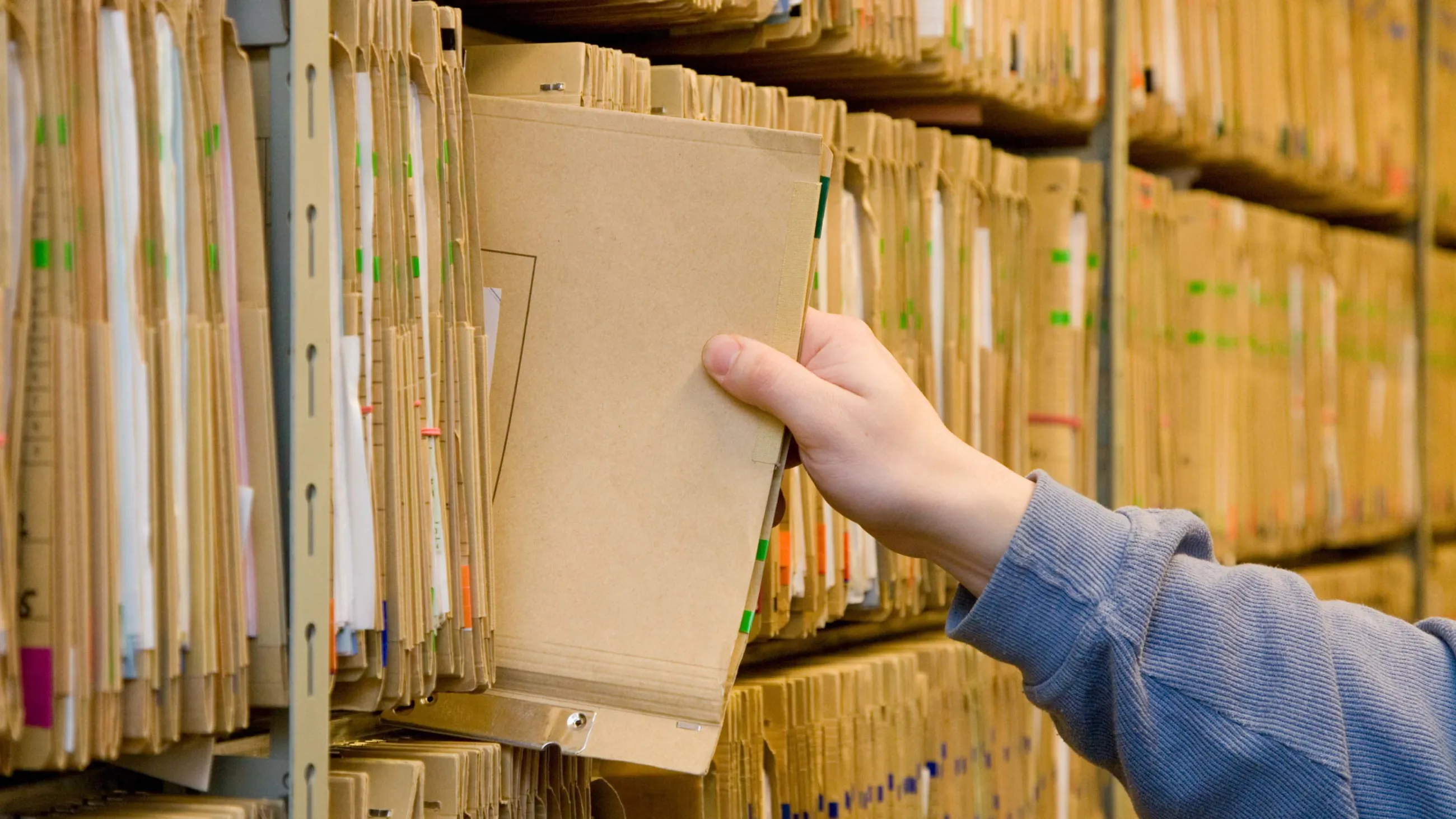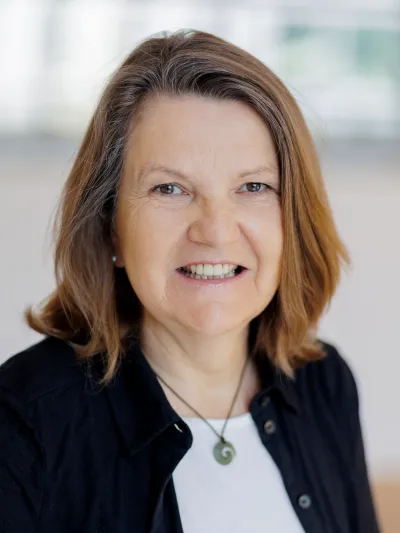Archives are facing a paradigm shift. Digitisation, electronic media and web technologies are forcing new archiving strategies. At the same time, it is important to preserve and conserve historical collections from decay. Furthermore, the generation of oral sources in the context of oral history and the challenge of evaluating and preserving them is a focus of the programme. For this purpose, the Visual History Archive of the Freie Universität Berlin, among others, is integrated into the certificate programme. In the archive of the Jewish Museum in Berlin, the participants will go through a contemporary witness workshop themselves.

At a glance
Target group
Interested staff members from archives and related institutions.
Costs
The costs for the 3-day modules Ö1 and B2 are 390 euros each.
All other modules cost 290 euros each.
The certificate price is 2,670 euros if all modules are booked in advance. It includes a discount of 5 %.
Promotion
The events are recognised as educational leave in accordance with the Berlin educational leave act (BiUrlG, § 11). We recommend that participants from other federal states seek advice from their respective ministry of education before applying for educational leave.
Aims of the training
Archives must present themselves to the public and make the "treasures of the archive" as well as their specific core tasks visible to the outside world. At the same time, however, this opens up new opportunities to develop your own goals, which will be discussed in the introductory seminar. Exhibitions that take up current historical topics, for example, are an effective means of self-promotion. The diverse range of tasks of project work, evaluation, indexing and preservation in turn requires effective press work and communication with internal and external partners as well as instruments of public relations. After all, society's demand for "lifelong learning" requires archives to develop educational concepts for visitors interested in history as well as archival education measures for schoolchildren.
The further education programme imparts knowledge that archivists can effectively implement in practice and combines preservation, dealing with digitisation and public relations work. On the one hand, historical education and public relations work raises awareness for preservation measures. On the other hand, remembrance work, especially in the context of exhibitions and life-history video and audio interviews, benefits from restored and, above all, digitised archival materials. Against this background, the goal is to manifest archives as institutions of historical and remembrance culture in the digital age and to anchor them in society's consciousness. After all, in a time of media upheaval, the public's perception of archives and their professional competences will determine their future!
Last but not least, the programme at the centre for further education at the Freie Universität Berlin is a forum for participants to exchange their experiences and ideas with each other and to form networks that can provide a sustainable opportunity for mutual consultation beyond the duration of the continuing education programme. The further training cannot be a substitute for a basic archivist training. New to the programme is a module on archive construction: planning, equipping and moving archives. In all of the areas mentioned here, legal issues can become relevant for archival practice. For these aspects, the further training includes a separate module on copyright and personal rights in archives.
Modules & Dates
The modules can also be booked individually.
Contact
Project Management
Information & Registration
Information
Christiane Preißler
+49 30 83851 475
christiane.preissler@fu-berlin.de
Registration
Angela von der Heyde
+49 30 83851 458
angela.vonderheyde@fu-berlin.de
